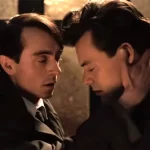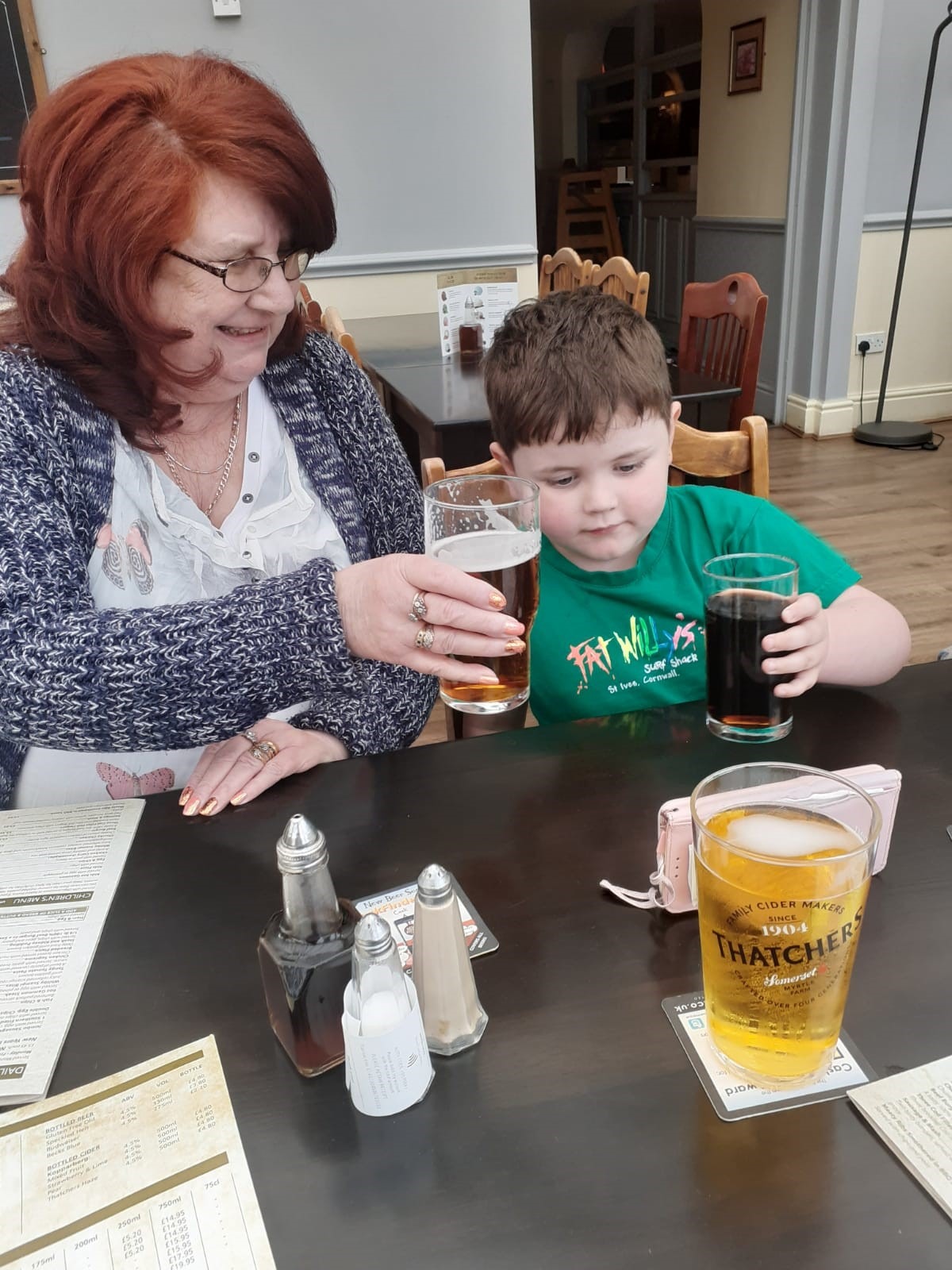Stroke Association shares new research to mark World Stroke Day
Over 63% of teenagers in the West Midlands are unaware of the FAST (Face Arm Speech Time) acronym, which helps people recognise the signs of a stroke and what to do when stroke strikes.1 Despite 50% of teenagers knowing a stroke survivor, over one in three (40%) don’t know calling 999 is the first thing you should do if someone is having a stroke, according to new research from the Stroke Association to mark World Stroke Day. Furthermore, parents of those surveyed in West Midlands also showed low awareness, with 60% unaware of the stroke awareness acronym.
The charity fears that millions of people across the UK are not equipped with vital knowledge of how to spot a stroke and that calling 999 immediately is critical to saving lives and preventing disability from stroke.
This World Stroke Day, the Stroke Association is launching its ‘Pass FAST on’ campaign and is urging the public to raise awareness of the signs and symptoms of a stroke and what to do when stroke strikes, by passing the FAST message on to others.
A stroke and mini-stroke (transient ischaemic attack [TIA]) are both medical emergencies, caused by a blood clot or bleed on the brain which cuts off the blood supply, killing brain cells.2
This year’s World Stroke Day (Saturday 29th October) coincides with the 13th anniversary of the Act FAST campaign launch, which was originally developed by Public Health England (PHE). To mark this moment of the campaign becoming a teenager, the Stroke Association conducted a UK-wide survey of 1,000 teenagers (aged 13-19) with some survey questions also asked to their parents.
The survey results revealed low awareness of stroke and the FAST acronym1 UK wide:
- Two in five teenagers (40%) don’t know a stroke is a blood clot/bleed on the brain, despite almost all teens (94%) being certain or fairly certain they had this knowledge
- A third of parents (33%) were unable to correctly define what a stroke is
- Around one in five teenagers and parents think a stroke is a heart condition and that chest pain is a common sign of stroke. This isn’t the case as a stroke happens in the brain.
- Common signs of stroke are not known:
- A quarter (25%) of teens could not identify any of the three most common signs of stroke and around one in five (22%) parents failed to recall any either
- 57% of teenagers and 62% of parents recognise that facial drooping is a common symptom of stroke but not being able to raise your arms properly (44% and 50%) and struggling to speak (43% and 48%) were not common knowledge
- Teenagers recognise some impacts of a stroke such as difficulty talking (74%), difficulty walking (69%) and memory and thinking problems (64%), yet many don’t know what to do when stroke strikes
The Stroke Association’s pioneering research laid the foundations for the launch of the Act FAST campaign in 20093. Run regularly since then, it is one of the most successful public health awareness campaigns and has saved thousands of lives and prevented disability from stroke.4,5
The charity carried out this survey to raise awareness of stroke and FAST to the generation of teenagers and young people. The findings also emphasise the need for the campaign to continue to run in the future, in order to reach more people and a new generation. The charity’s ‘Pass FAST on’ campaign encourages everyone to share the FAST acronym, to continue to save lives and prevent disability from stroke.
Use the FAST test to identify the signs of stroke*:
- Face – has their face fallen on one side? Can they smile?
- Arms – can they raise both their arms and keep them there?
- Speech – is their speech slurred?
- Time – time to call 999 if you spot any of these signs
* The signs of a TIA (mini stroke) and how to respond, are the same as a stroke
Juliet Bouverie OBE, Chief Executive of the Stroke Association, said: “Stroke strikes every five minutes in the UK, killing tens of thousands of people and leaving thousands of stroke survivors with complex and severe disability. We’ve seen impressive results from previous Act FAST campaigns. These survey statistics show just how important it is that we continue to raise awareness of the symptoms of stroke, particularly amongst a younger audience – when so many know a stroke survivor, it’s worrying that so few know the signs or what to do if stroke strikes. Therefore, we urge the Government to continue to invest in the Act FAST campaign.
“We know from our survey that despite its debilitating and deadly consequences strokes are still largely misunderstood. Many teenagers and parents don’t know that stroke happens in the brain – which is why it causes such severe disability and hidden cognitive effects. There is still work to be done to educate young people about stroke, reinforced by our survey which reveals that parents would like to see the FAST campaign taught in schools (1).
“The first thing every one of us can do this World Stroke Day, young and old alike, is to make sure you and your loved ones all know the FAST test. It’s easy to remember the most common signs of stroke: changes to the face (F), arms (A) and speech (S) – then it’s (T) – time to call 999. Treating mini strokes with the same urgency as strokes is also vital. If you spot any of these signs, even for a short time, it’s important you take action. Acting FAST is the biggest and most important thing you can do to save a life and prevent people from severe disability from stroke. So ‘Pass FAST on’ today.
“Stroke can affect anyone of any age. The average age when someone has a stroke is 76 years old and one in four stroke survivors is of working age. Around 400 children have a stroke in the UK every year.”
Cheryl Dean 43 and her son Sam, 13, from Stoke on Trent, know better than most how vital it is to teach F.A.S.T symptoms in school after Sam discovered something was seriously wrong with his Nan, Christine.
Cheryl was celebrating her birthday with family when Sam noticed his Nan was very unwell and alerted his mum. In fact, Christine was having a stroke which doctors confirmed after she was rushed to hospital.
While Christine has been left with weakness down one side and continues to go through a lot of rehabilitation, without Sam’s quick actions things could have been much worse.
Cheryl said: “We are so grateful that Sam noticed something bad was happening – for a 12 year old especially. This has totally rocked us as a family, we know it could have been much worse. In truth I think Sam saved her life – all because he knew to get help!”
While Sam and Christine have always been very close, her stroke recovery and Sam’s amazing response has only brought them closer.
Cheryl said: “ Sam, James (Cheryl’s youngest) and my mum are closer than ever, she was adamant that she wanted to be the same nan she was before the stroke, so she tries her hardest, but the boys know she now has limitations.
“Sam 13 has always been all my mum, they are two peas in a pod, and it really affected him. He spends a lot of time with her still and he’s more cuddly and holds on to her longer than before
Now Sam, Cheryl and the family are supporting the charity’s campaign this World Stroke Day – encouraging schools to teach pupils the signs of a stroke to watch out for.
Cheryl said: Sam’s school did a whole school assembly talking about Sam and the signs of stroke – which was incredible to over 700 children. My mum also worked at the junior school where James now goes, so they sent messages out to share F.A.S.T symptoms there too.
“I am a huge advocate for teaching basic first aid in schools and that includes recognising the signs of stroke FAST. I’ve always explained to Sam that stroke is like a house being on fire – the faster you put it out, the more rooms you save.
“He still doesn’t fully understand the enormity of what he did and how his quick actions saved more rooms in mum’s house fire from catching alight”
The survey1 also revealed low knowledge amongst teenagers of things that can help to prevent strokes:
- More than half (59%) of teenagers don’t know that high blood pressure is the main cause of a stroke. High blood pressure contributes to around half of all strokes.6
- Around one in five (17%) teenagers don’t know what the main cause of a stroke is.
- Around a fifth (22%) of teenagers don’t think or don’t know changing your lifestyle can lower your risk of a stroke – despite nine in ten strokes being preventable.7
Dr Deb Lowe, National Clinical Director for Stroke Medicine at NHS England said: “Since the launch of the Act FAST campaign 13 years ago, millions of people are more aware of how to recognise the symptoms of a stroke, whether it is happening to them or a loved one.
“The message of Act FAST remains as relevant as ever. By passing it on to all generations, everyone can play their part in helping more people get timely treatment for stroke, preventing deaths and reducing disability.”
Visit stroke.org.uk/worldstrokeday to find out how you can help to Pass FAST on.
The FAST test helps to spot the three most common symptoms of stroke. But there are other signs that you should always take seriously.
These include:
- Sudden weakness or numbness on one side of the body, including legs, hands or feet.
- Difficulty finding words or speaking in clear sentences.
- Sudden blurred vision or loss of sight in one or both eyes.
- Sudden memory loss or confusion, and dizziness or a sudden fall.
- A sudden, severe headache.
The Act FAST campaign includes TV, Video on Demand, radio, social media, partnerships and PR activity. The next phase of campaign activity is expected to run in early 2023.








